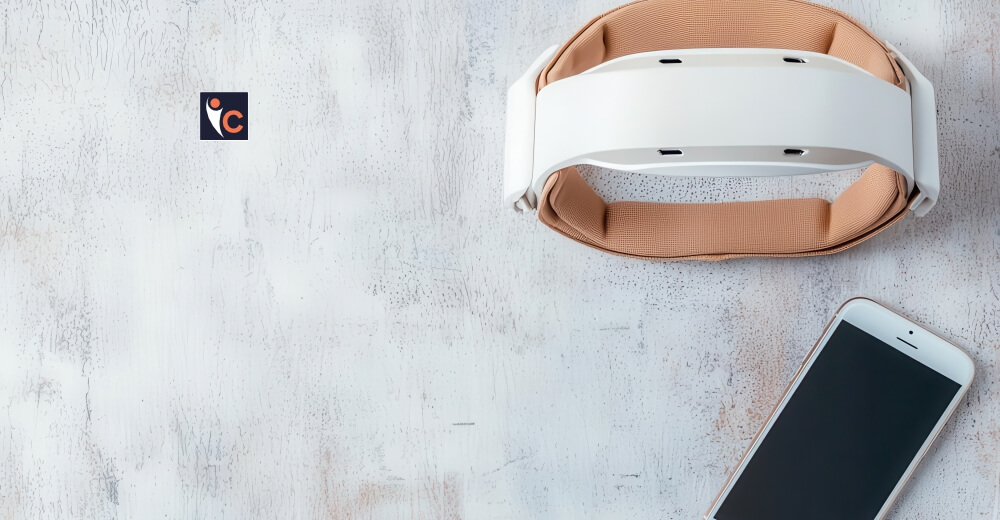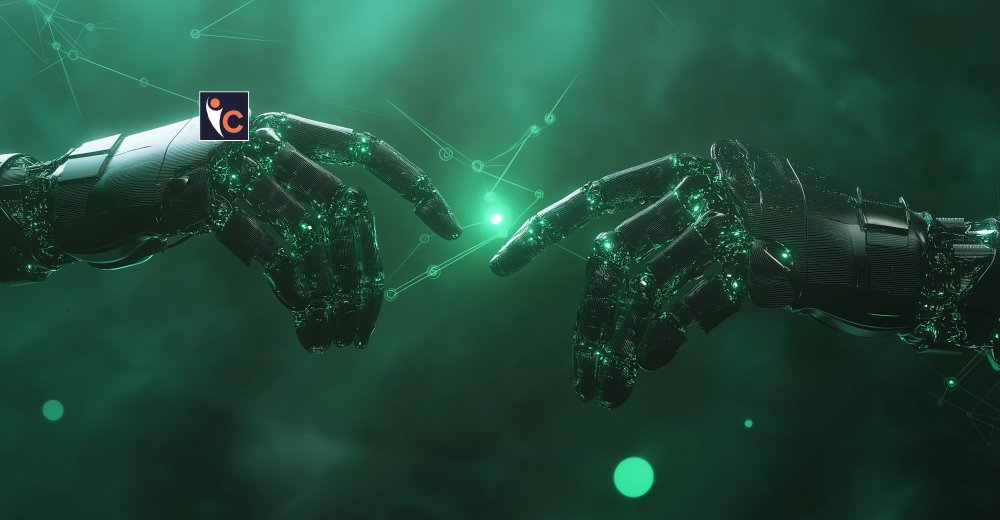Next-Generation Healthcare
The medical industry is being transformed by innovative developments in AI and robotics technologies. The application of these technologies optimizes the provision of patient care and provides more effective medical procedures and maximizes the efficiency of healthcare systems. AI and robotic collaborations are developing next-generation healthcare models that result in improved patient outcomes and lower costs, as well as improved futuristic healthcare strategies.
The Evolution of AI and Robotics in Healthcare
Medical treatment is arguably the most powerful sector to adopt recent technological innovation. Advanced AI software and robots have brought revolutionary features unimaginably sophisticated in the past. AI algorithms scour enormous medical databases for patterns that enable them to generate precise diagnostic outcomes simultaneously with robotic surgery systems superior to human physicians. These innovations are the main source of advanced futuristic healthcare strategies transforming modern medicine. AI in Medical Diagnosis and Treatment
Robotics in Rehabilitation and Surgery
Robotics has played an integral role in transforming surgical procedures and rehabilitation treatments. Some of the major contributions are:
- Robotic-Assisted Surgery: Robots in surgery, such as the da Vinci Surgical System, facilitate minimally invasive surgery with additional accuracy, less recovery time, and fewer side effects.
- Exoskeletons Rehabilitation: Robot-mounted wearable exoskeletons expand physical rehabilitation assistance to mobility-impaired patients by reclaiming the motion.
- AI-Powered Prosthetics: Robotic AI-driven prosthetics provide improved quality of life for the amputees through natural motion and flexibility.
AI-Based Virtual Assistants and Telemedicine
AI-fueled virtual assistants are revolutionizing patient engagement and healthcare access. They facilitate:
- Remote Consultations: AI-fueled chatbots and virtual assistants provide preliminary diagnosis and recommend required medical consultations.
- Telehealth Services: Telemedicine is followed by AI-enhanced real-time monitoring of health through wearable technology.
- 24/7 Patient Support: Virtual healthcare assistants improve patient interaction through reminders for medication, symptom monitoring, and follow-up treatment reminders for patients.
Intelligent Healthcare Systems: Expanding Patient Care
Artificial intelligence as well as robotics form the basis of future healthcare advances to create healthcare models of the tomorrow through hospital function optimization together with patient safety enhancement and human error reduction. The advancements include:
- An AI system operates administrative functions such as billing services as well as scheduling and electronic health record management to free up healthcare workers for their actual duties.
- Healthcare organizations utilize AI predictive analytics to estimate patient admissions and improve resource distribution and prevent medical emergencies.
- AI-based wearable technology along with Internet of Things devices track patient vital signs which immediately report health dangers to medical staff.
Challenges and Ethics of AI and Robotics in Healthcare
While there are numerous benefits, healthcare uses of AI and robots also have some issues:
- Data Privacy and Security: Patient data security from hackers and conformity with healthcare laws should be a top concern.
- Ethical Challenges: AI-based decision-making needs to comply with ethical methods to ensure fair and unbiased treatment.
- High Implementation Costs: Excessive upfront investment in robotics and AI technologies can make these technologies unavailable to smaller health centers.
- Workforce Adaptation: The healthcare staff should be thoroughly trained to automatically adapt AI and robotics in regular work procedures.
AI and Robotics Trends in Futuristic Healthcare Strategies
With technology advancing, AI and robotics will continue to take the central position in futuristic healthcare strategies. Some of the expected trends are:
- AI-Driven Precision Medicine: AI will enable highly personalized treatment through one’s own genetic signatures and diseases.
- Robotics-Driven Automated Hospitals: Robotics and AI will drive automation of patient tracking, diagnosis, and even robot-assisted procedures.
- Human-Robot Interaction: AI-powered robots will assist medical professionals in collaborative working to maximize efficiency without compromising empathetic care.
- Neural Interface Advances: Brain-computer interfaces will advance with neurological disease treatment and facilitating brain-to-prosthetic limb communications.
Conclusion
The role of AI and robotics in deciding futuristic healthcare strategies cannot be doubted. These two technologies have the ability to revolutionize medical diagnosis, treatment, patient care, and management of hospitals. Yes, there are challenges, and day and night research and development are trying to overcome these challenges, and so AI and robotics become a necessary part of the future healthcare system. In the future, implementing these futuristic healthcare strategies will be inevitable in creating an effective, accessible, and patient-centered healthcare system.










